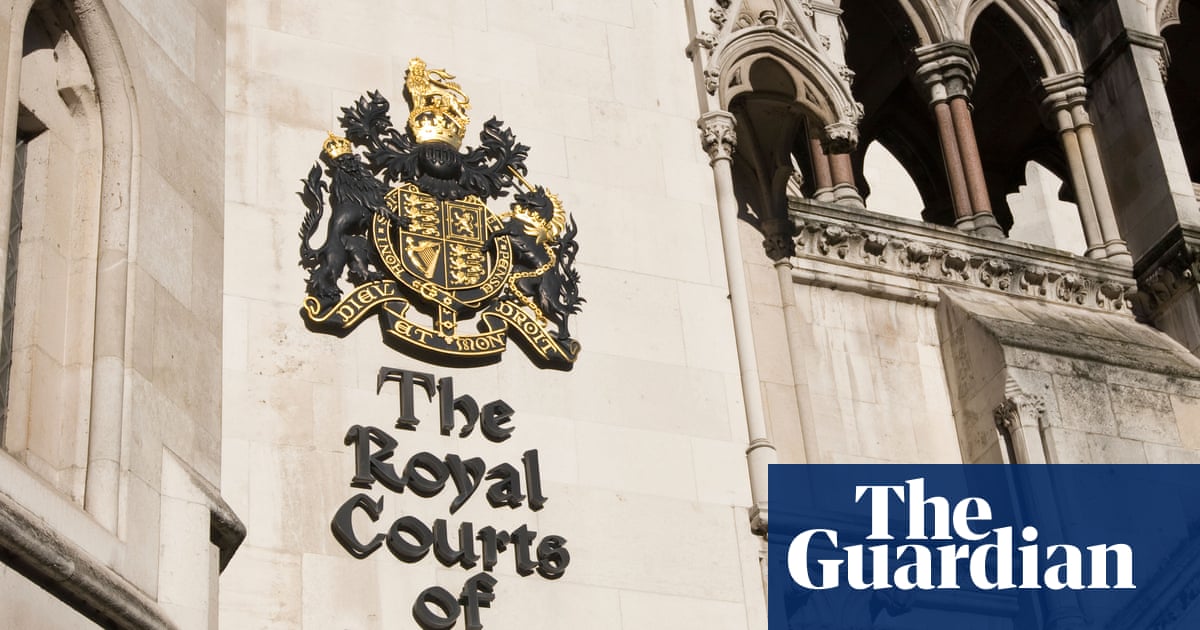
"A data breach led the UK government to offer relocation to 15,000 Afghans, incurring costs potentially exceeding £2 billion, and remained hidden for over 600 days."
"Superinjunctions prevent not only disclosure of information about a case but also the existence of the order, rarely used by governments."
"Ben Wallace indicated that the initial normal injunction request transformed into a superinjunction unexpectedly, emphasizing the focus on protecting those impacted by the data leak."
"Following a journalist's inquiry, the D-notice committee was activated, advising the press on national security threats and leading to a temporary halt in publication."
A significant data breach involving the UK government resulted in a secret initiative for relocating 15,000 Afghans, with potential costs of over £2 billion, escaping scrutiny for more than 600 days. A superinjunction was imposed, which provided stringent legal protection against disclosure of the breach and its existence. Superinjunctions are rarely applied by governments. A D-notice was issued following media inquiries, advising caution on national security grounds, while government officials expressed the need for protecting individuals affected by the breach.
Read at www.theguardian.com
Unable to calculate read time
Collection
[
|
...
]